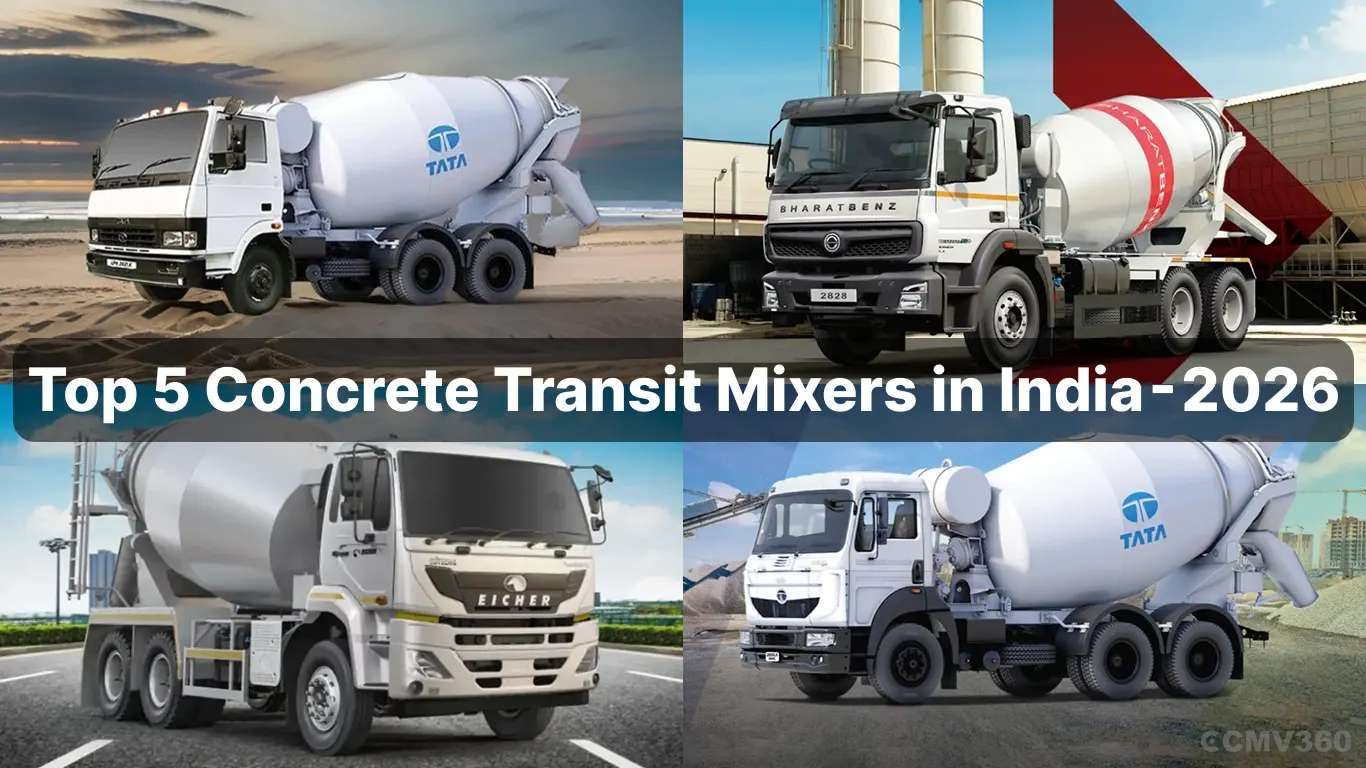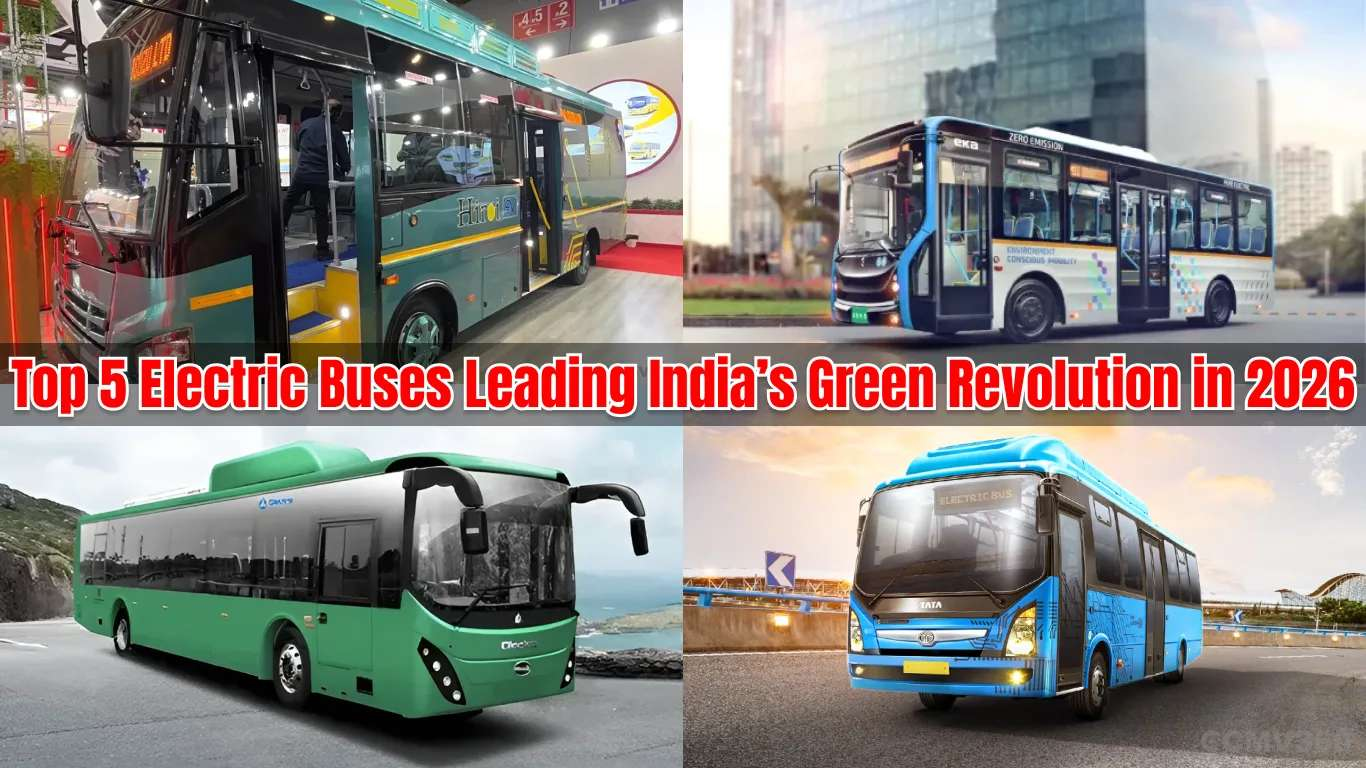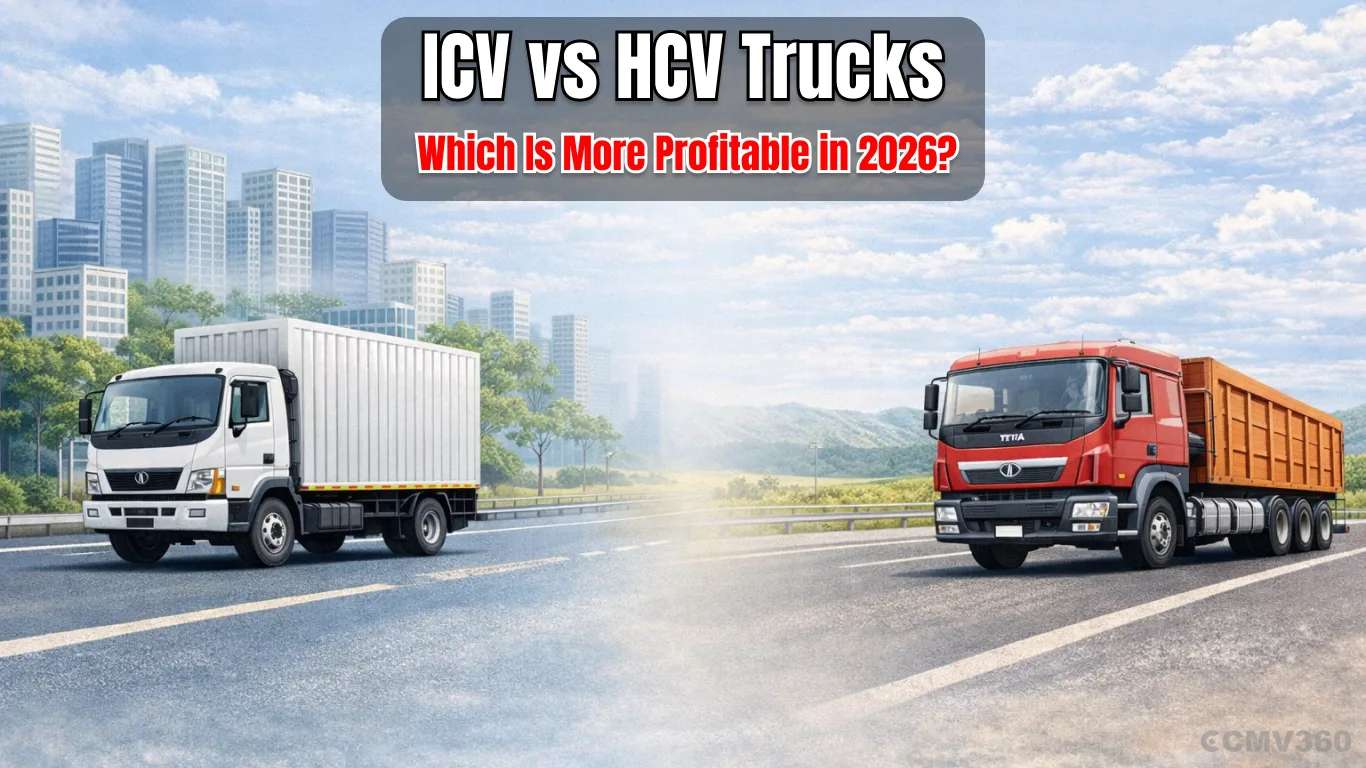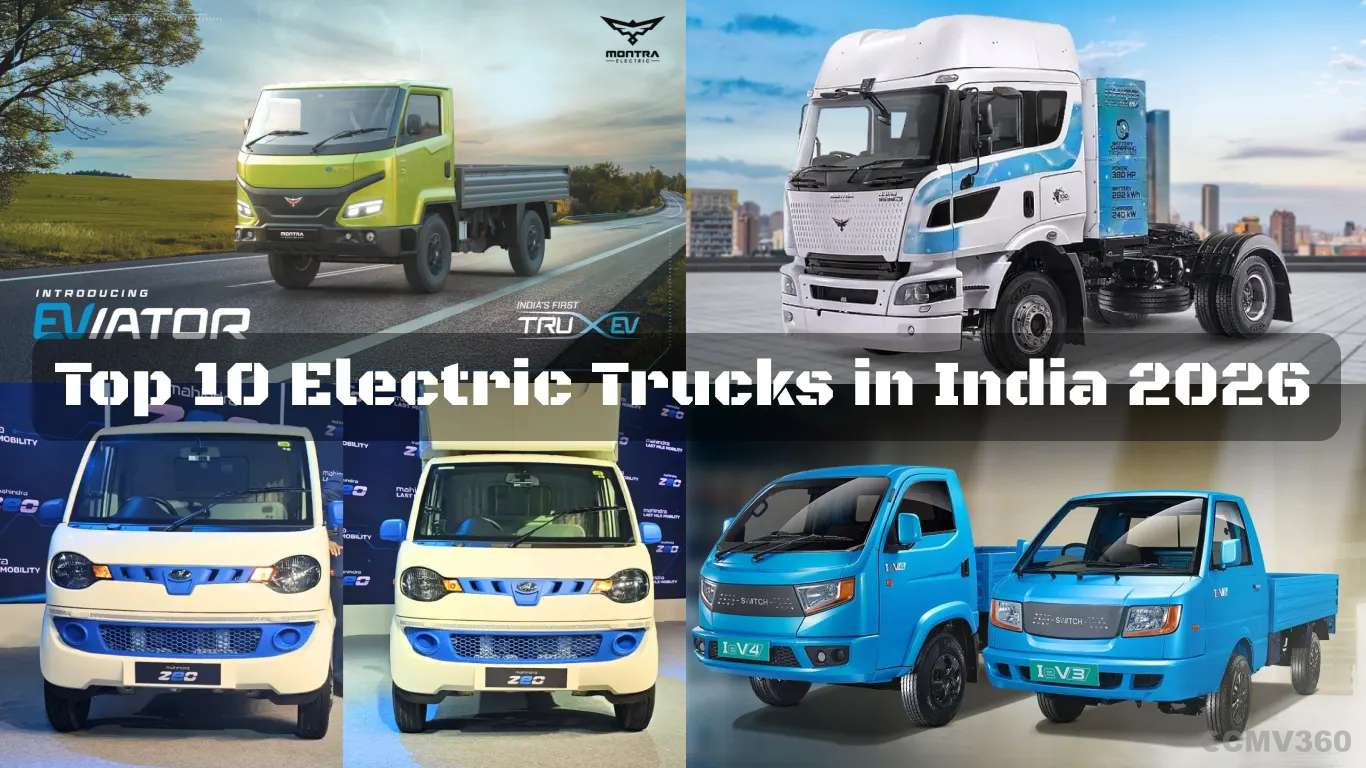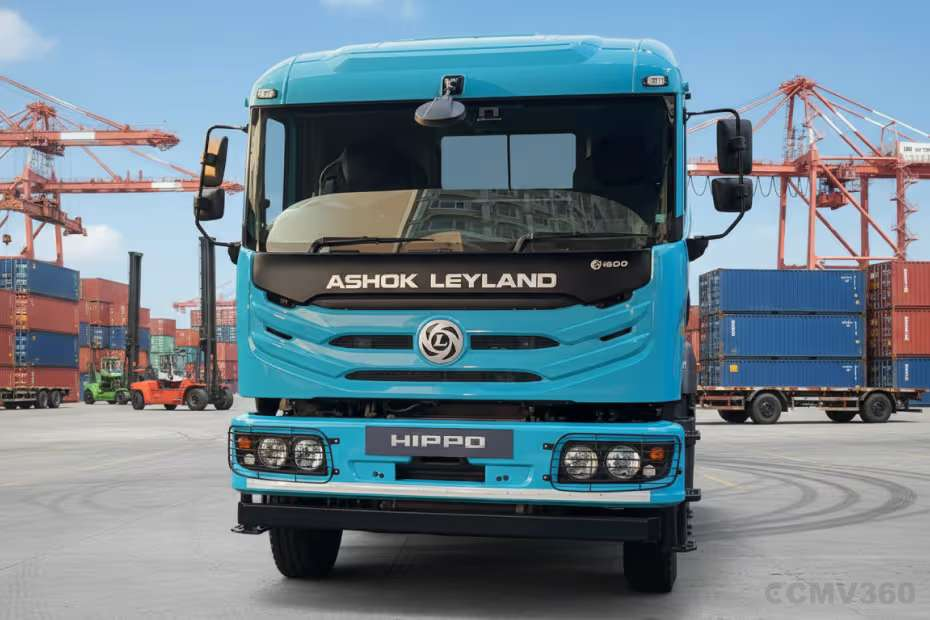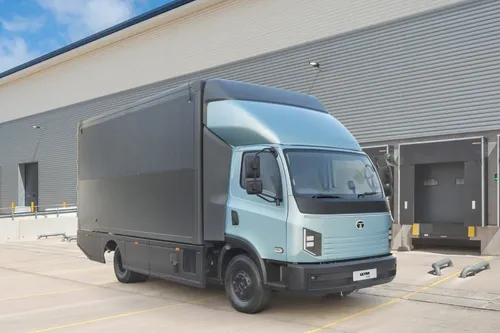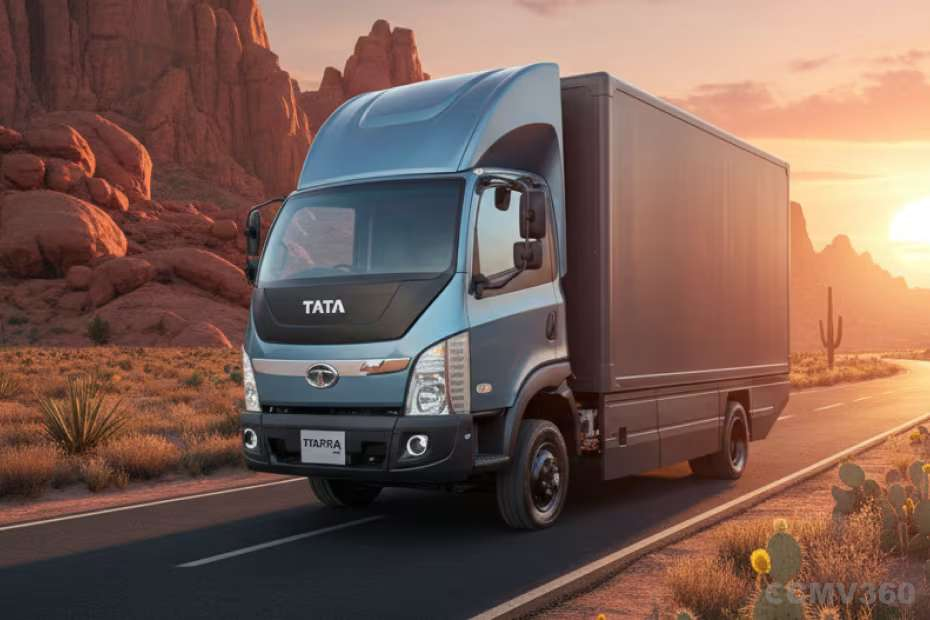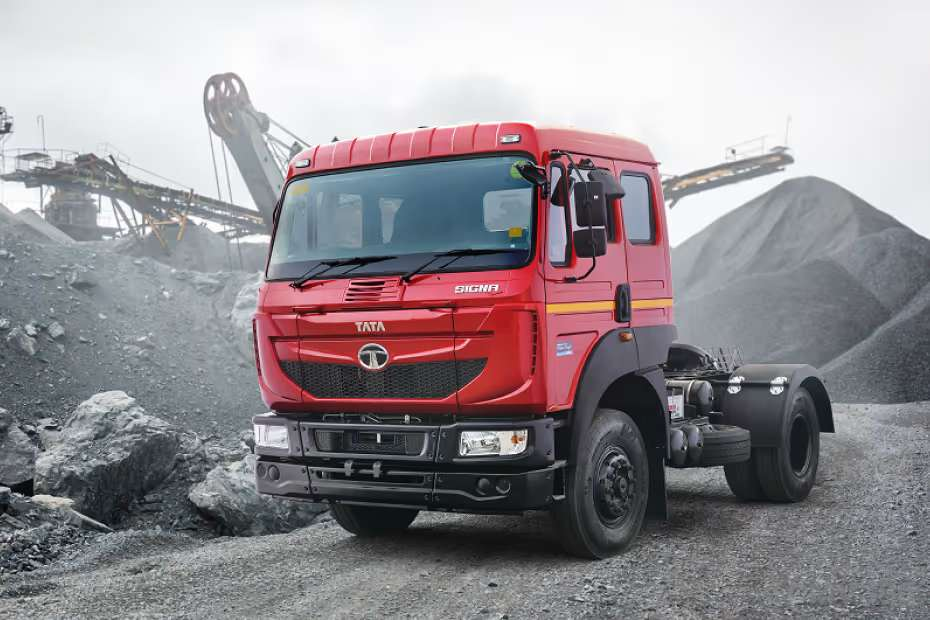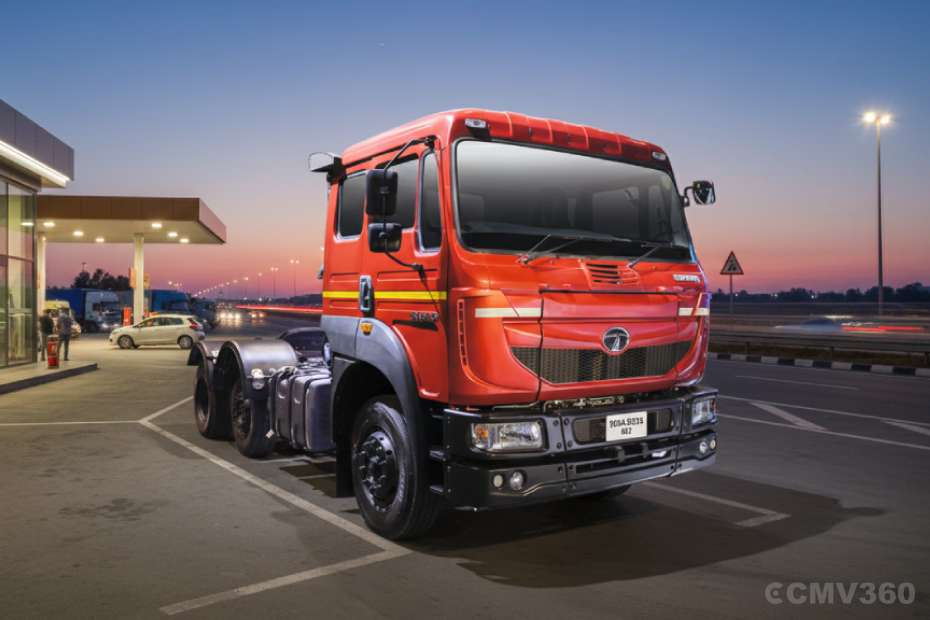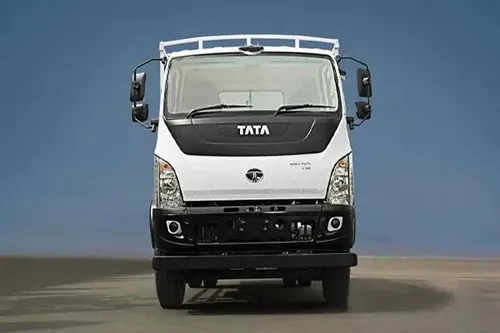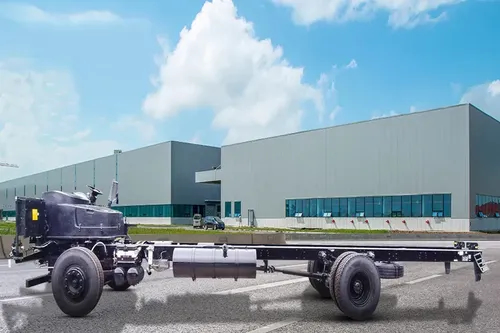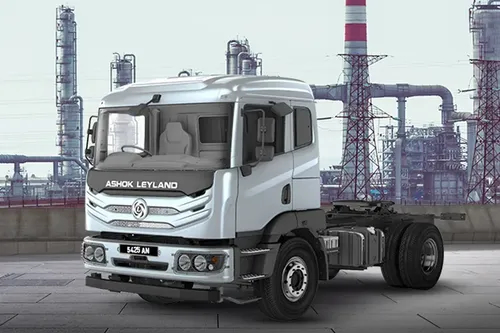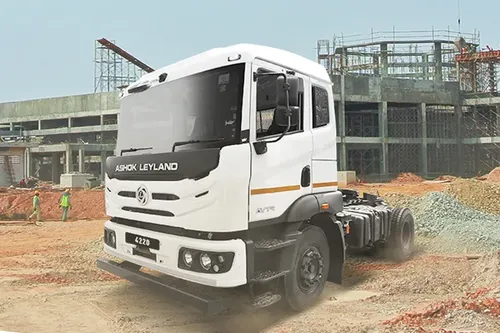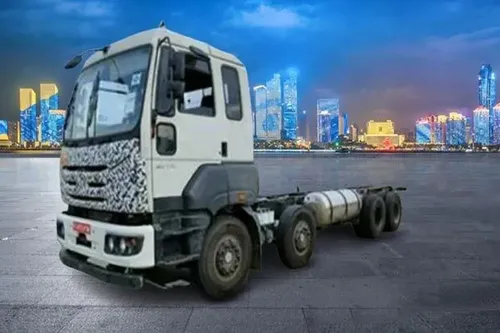Ad
Ad
Why Electric Vehicles Have a Bright Future in India?
Have you ever driven a vehicle that is completely silent and produces no vibrations? If not, it's time to switch to an EV!Here, are the reasons Why Electric Vehicles Have a Bright Future in India.

As one of the world's major vehicle marketplaces, India's nationwide electrification will mark a significant milestone for both the world and the country. The future of electric vehicles in India appears positive, thanks to the Indian government's push for sustainable mobility, rising consumer demand for new technologies, and the rise of private firms interested in EV technology.
Nonetheless, the government faces significant hurdles in its quest for full EV adoption, including a lack of charging infrastructure and expensive EV upfront prices.
The schemes made by the Indian govt to adopt electric vehicle
The Indian government has also developed the FAME (Faster Adoption and Manufacture of (Hybrid &) Electric Vehicles) scheme. This strategy should increase adoption rates in the next years. India's Finance Minister has also promised a cut in customs duty and taxes for the fiscal year 2023. This will contribute to increased domestic production of lithium-ion batteries, which power electric vehicles.
Numerous state governments, like Assam, Telangana, Tamil Nadu, and Gujarat, have also developed enticing laws and initiatives to encourage EV manufacturing in their respective states.
As a result of these strategies, private firms have begun to enter the EV market, paving the way for future electric vehicle adoption in India. The success of India will have a big, positive impact on the rest of the world.
India's EV adoption will be a global success story.
According to the International Energy Agency (IEA), global EV sales in 2021 will have more than doubled from the previous year, totalling 16.5 million EV units sold globally. India also stated that by 2023, EVs will account for at least 30% of all road traffic. While being a modest goal, a 30% adoption rate will have worldwide ramifications, both environmentally and economically.
If India meets its aggressive adoption targets, it will provide a paradigm that other rising economies can follow. This, in turn, will have further implications for oil markets as reliance on this fossil fuel declines.
Furthermore, with a population of 1.4 billion people and a rapidly rising economy, India is bound to be a major player in the global EV industry today. The full adoption of electric vehicles in India will be a significant step toward sustainable growth in global mobility.
Impacts of Electric vehicle on the Environment
The transition to electric vehicles in India will have a substantial environmental impact. Presently, India's transportation sector is a major source of pollution. Consider New Delhi, where two- and three-wheelers generate 50% of the surface PM 2.5 levels.
The transportation sector in India consumes almost one-fifth of the country's total energy. With these figures, EVs have the potential to make a significant impact on India's environment in the following ways.
- Air Pollution Reduction
- Noise Pollution Reduction
- Increasing Operational Effectiveness
Aside from the aforementioned environmental benefits, the adoption of EVs in India will bring numerous economic potential to the country.
India's Electric Vehicle Adoption Challenges
The road to mainstream EV adoption in India is long and riddled with challenges. The following sections look at the major roadblocks to EV adoption in India. The following are the Problems Faced by India in the adoption of EVs:
- A scarcity of clean energy
- Inadequate Charging Infrastructure
- Inadequate Battery Technology
- Constant Opposition to Change
Therefore, market participants in India must work together to address customers' concerns. They should also create a supporting ecosystem to encourage the mass use of electric vehicles in India.
This can be accomplished through developing more inexpensive EVs, expanding charging infrastructure, and developing awareness and education initiatives to educate customers on the benefits of switching to EVs.
Future Path of India's Electric Vehicle Adoption
Even if the EV sector in India and throughout the world has overcome various obstacles to becoming more widely adopted, the issue of pricey batteries persists.
In India, an EV lithium-ion battery costs approximately Rs. 5.7 lakhs, which equates to US$ 250 per kWh. This is a significant reason why India's electric vehicle future may stagnate.
Another issue that may hinder EV adoption is the safety of lithium-ion batteries, which can explode. However, this risk has significantly decreased, and it is quite rare to hear of such incidents, especially when EV batteries are exposed to harsh and hostile circumstances for an extended period of time.
Despite these tiny setbacks, India's electric vehicle future is blazing brightly, like a fledgling bulb about to burst.
Reasons Why Electric Vehicles Have a Bright Future in India
There is no doubt that EVs represent the future of mobility for all nations throughout the world. But what gives us the confidence to predict a spectacular future for electric vehicles in India? The following are the reasons:
- Lower CO2 Emissions and Long-Term Sustainability
- Less expensive to buy and drive
- Simple Charging
- A pleasurable driving experience
Because they produce no noise or vibration, these automobiles not only reduce air pollution but also noise pollution. This is one another reason why the future of electric vehicles in India is bright. We have a major noise pollution problem, and any technology that can help us tackle it is greatly appreciated.
What are the prospects for electric commercial vehicles in India in the future?
According to estimates from the Ministry of Skill Development and Entrepreneurship, the EV industry in India might generate 10 million or 1 crore direct jobs and 50 million or 5 crore indirect jobs by 2030.
What is the potential of the EV market in India?
The Indian electric vehicle market was valued at USD 1.45 billion in 2021 and is expected to increase up to USD 113.99 billion in 2029.
What are the problems that EV users in India face?
The main obstacles to the widespread adoption of EVs in India are a lack of charging infrastructure, land availability for charging station development, and the availability of the power grid.
What is the outlook for electric trucks in India?
According to the Economic Survey 2023, India's domestic electric commercial vehicle industry will increase at a CAGR of 49 per cent between 2022 and 2030, with 10 million annual sales by 2030. Furthermore, the electric vehicle industry is expected to provide approximately 50 million direct and indirect jobs by 2030.
Features & Articles
Best Ambulance in India 2026
Compare top ambulances in India, including Force, Tata, Eicher, and Maruti models. Check price, specifications, features, BLS, and ALS options to choose the right emergen...
13-Feb-26 01:14 PM
Read Full NewsTop 5 Concrete Transit Mixers Price in India – 2026
Explore the Top 5 concrete transit mixers prices in India 2026. Compare Tata Motors, Eicher, and BharatBenz concrete mixers with specs, features, and prices for construct...
09-Feb-26 10:02 AM
Read Full NewsTata Trucks Price & Best Models 2026
Explore Tata Trucks Price India 2026 with detailed specs, payload, mileage, and features. Compare top Tata truck models, latest launches, and best options for business an...
03-Feb-26 01:08 PM
Read Full NewsTop 5 Electric Buses Leading India’s Green Revolution in 2026
Explore top electric buses in India 2026 with prices, range, features, and comparison of Switch, Tata, EKA, Olectra, and SML electric buses....
30-Jan-26 10:47 AM
Read Full NewsICV vs HCV Trucks: Which Is More Profitable in 2026?
ICV vs HCV trucks in 2026 explained with costs, mileage, ROI, maintenance, and profitability. A simple guide for Indian fleet owners to choose the most profitable truck t...
27-Jan-26 11:52 AM
Read Full NewsTop 10 Electric Trucks in India 2026: Price, Range, & Payload
Explore the top 10 electric trucks in India 2026 with prices, range, payload, and features....
22-Jan-26 09:17 AM
Read Full NewsAd
Ad

